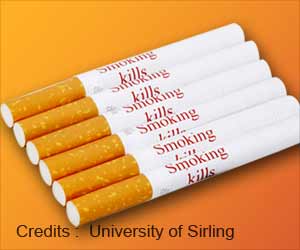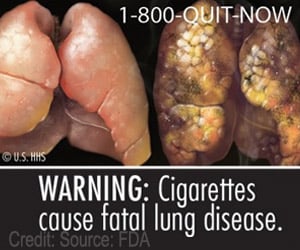Alcohol changes the anti-viral and inflammatory functions of monocytes and that prolonged alcohol consumption has a double negative effect of reducing the anti-viral effect.

The results of the study showed that activation of these pathways resulted in an increase in the levels of the anti-viral cytokine IFN, which was reduced by treatment with alcohol equivalent to four or five drinks a day for seven days.
The study also found that stimulation of these pathways resulted in an increase in the levels of the pro-inflammatory cytokine TNFa.
A single treatment with alcohol decreased the amount of TNFa, whereas prolonged treatment increased levels of inflammation.
"Alcohol has a profound effect of inhibiting IFN production in monocytes regardless of whether the danger signal is intracellular (TLR8) or surface-derived (TLR4). Such a reduction would impair the body's ability to fight off infection," Prof Szabo said
"Additionally, the fact that Type I IFN production is depressed despite increased levels of the pro-inflammatory cytokine, TNFa, due to chronic alcohol exposure suggests that prolonged alcohol must change the immune balance of monocyte activation and impair host response to single-stranded virus infection like hepatitis C," he added.
Advertisement
Source-ANI















